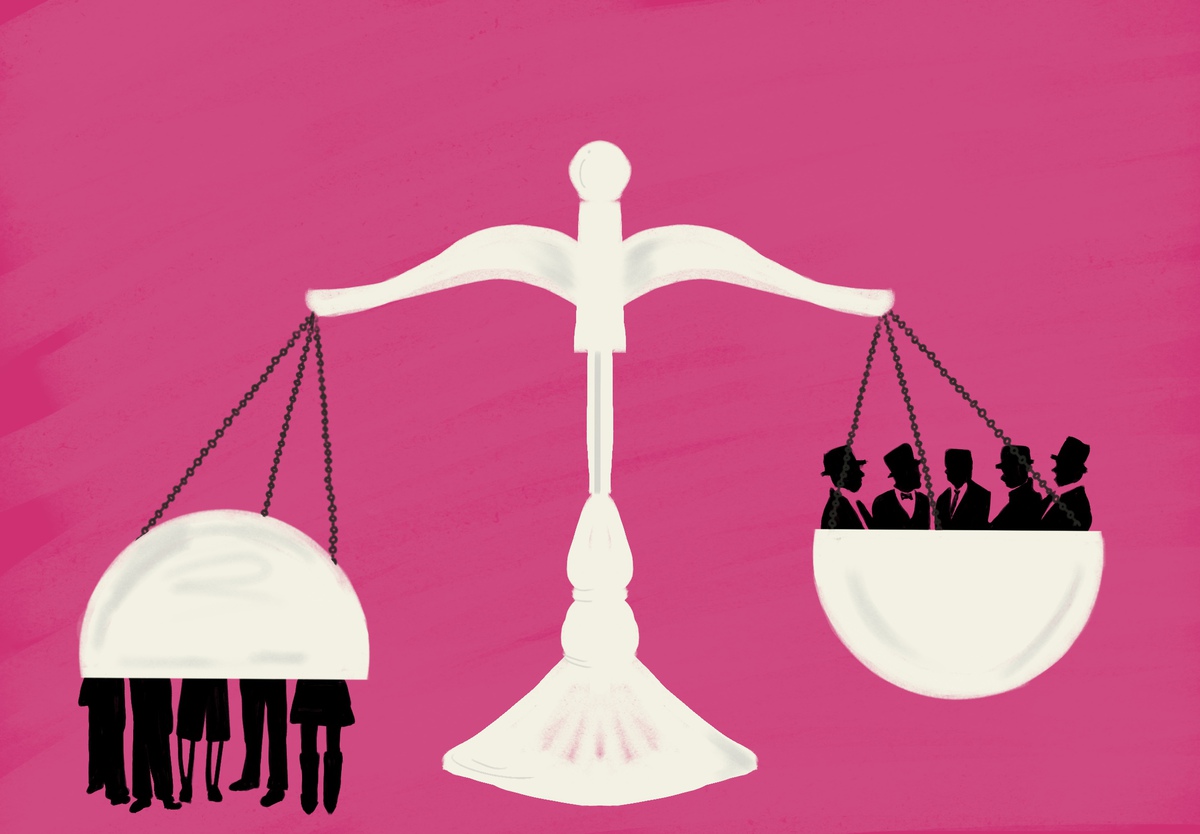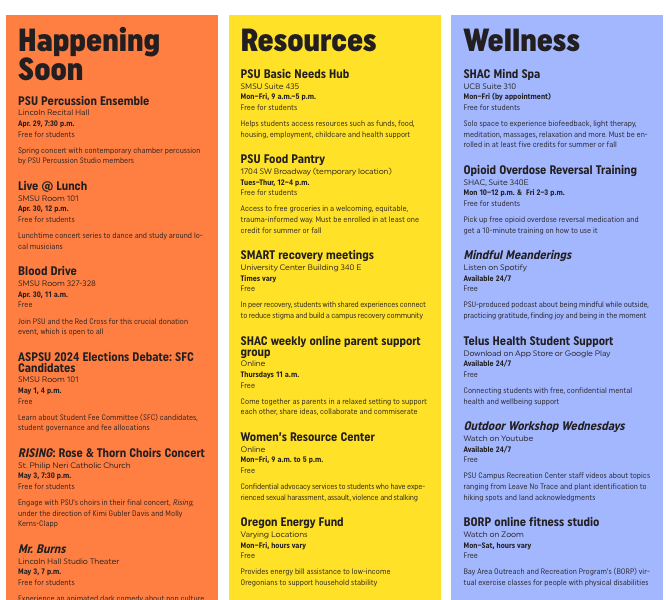The quick passing of House Bill 4002 is an action by the Oregon legislation to recriminalize minor drug possession, and it is not only an attack on the vulnerable populations that are susceptible to drug use, but also a slap in the face to the democratic process and voters who passed this measure into law.
Measure 110 was a 2020 voter-backed policy change, and now it is the scapegoat for inept politicians. Not only was it designed to finally start tearing away at the devastation that the War on Drugs had on cities and communities by decriminalizing drugs, but it was also meant to focus resources on expanding services to help people living with addiction.
Unfortunately, this recent move to recriminalize drugs was predictable, and not for reasons the conservatives or detractors of the bill might think.
Instead, it stems from the enduring influence of the dogmatic remnants of the War-on-Drugs narrative. While numerous news articles highlighted the measure’s failures and shortcomings, the entrenched rhetoric of the War on Drugs has maintained its grip on policy decisions. Those resources, like drug treatment, according to Oregon Public Broadcasting (OPB), have been met with bureaucratic fumbles and attempted delays by state officials from the start.
The resources that Measure 110 is supposed to provide might still be offered post-recriminalization. However, “533 people per year could receive jail sentences after having their probation for a drug charge revoked,” stated OPB reporter Conrad Wilson. The commission notes that some of those could also be served in a treatment facility, but at least so far, Oregon has not been able to provide treatment to everyone who wants it.
It’s absurd to expect positive results to magically appear after just three years, especially with resources not adequately allocated by inept politicians who seemingly wanted this bill to fail.
It is easier for these politicians to give up and go back to criminalization. It gets people off the streets where they aren’t seen. That is what this seems to be about more than anything; people don’t want to see it, don’t want to share a street with it and would rather have people locked away from them than support recovery.
According to OPB, the lobbying behind the appeal effort to recriminalize was backed by some of the wealthiest businessmen in Oregon. These are clearly not the right people to judge the circumstances of addiction and criminalization from a neutral standpoint.
While the fentanyl crisis is undeniable, it’s evident that criminalization repeatedly fails to provide a sustainable solution. Moreover, it is important to note that it is not just Oregon that is experiencing worsening conditions. Drug overdoses—particularly involving fentanyl—have been on the rise across the United States.
So how does decriminalization impact this crisis, the supposed reason for the overturn of Measure 110? Portland State conducted a study regarding Measure 110, revealing that it had no impact on violent crime rates and a slight increase in property crime, but that was in line with other states without the measure, and while there has been an upward trend in overdoses, that trend also could be correlated with COVID-19 lockdowns and are consistent with national trends.
Given this evidence, the drug crisis is clearly not solely attributable to Measure 110. Yet the media, politicians and Facebook mobs are quick to propagate the misconception that this issue is unique to Oregon because of its decriminalization efforts.
Those who aren’t directly affected often rush to criticize and demonize individuals grappling with addiction without fully understanding the complexities of the situation. Oregon lawmakers and enforcers continue to further victimize individuals struggling with addiction, much like they do with those experiencing homelessness.
Picture being in desperate need of help only for the state to respond by fining, assaulting or incarcerating you. Unfortunately, you don’t have to imagine this if you’re living on the streets or battling addiction.
According to OPB, data from 2022 revealed that half of the people arrested by the Portland Police Bureau were unhoused, indicating a pattern of targeting vulnerable populations rather than genuinely assisting them.
Groups like American Civil Liberties Union Oregon warn about the detrimental effects of House bills that disproportionately target Black and brown communities already subjected to heightened police scrutiny.
Honestly, I’m ashamed of this state, but not surprised. With all the media articles and social media posts, it’s evident that people don’t care; they just want the problem to disappear.
The city’s abuse of its authority isn’t shocking either. It’s frustrating, though, that advocacy groups have been working for years to make a change, only for legislation to pass within a week and for lawmakers and the most privileged in our city to single–handedly overturn a bill passed by Oregon voters.
This issue transcends drugs, addictions and safety concerns. It delves into the broader context of the drug war, the oppression of marginalized communities and the expansion of authoritarian power sanctioned by the state.
The measure we supported in 2020 now lies defeated, having succumbed to the propaganda of the drug war and enabling state police to resume harsh treatment of individuals struggling with addiction.
Lawmakers must recognize that their actions have real consequences, and lives hang in the balance. It’s imperative that they prioritize compassion, evidence-based solutions and the fundamental rights of all individuals, irrespective of their circumstances. Let’s remind them that we voted for a system that values justice over the interests of the wealthy and privileged.






